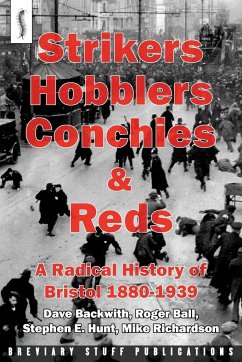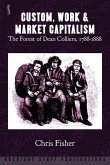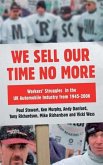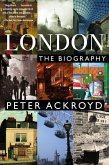In the 1970s and 80s a revival of interest emerged in researching Bristol's vigorous radical past, which has been echoed in the more recent historical studies concerning the involvement of the Bristol women's movement in the nineteenth century in anti-slavery campaigns, social reform, and the struggle for the emancipation of women. However, significant gaps in our knowledge still exist and there have been too few works that focus on the local dimension in examining, over an extensive time span, the pattern and dynamics of working class movements. This collection of essays from members of the Bristol Radical History Group traces the relationship between labour struggles and the new ideas and practice of general unionism, socialism and anarchism in Bristol and the surrounding area from the late nineteenth century through to the inter-war years. Our analysis of this important period focusses on the experiences and actions of the participants and their organisations from the unruly River Pilots fighting to maintain their traditional ways of working, through the massive strike waves of the 1890s and the Great Unrest of the pre-WW1 years to the violent unemployed demonstrations of the 1930s. Along the way we sample the delights of coffee houses, see the emergence of socialism and anarchism as distinct currents in the labour movement and discover the radical ideas which originally lay behind the garden suburbs of Southmead, Knowle West and Sea Mills.








